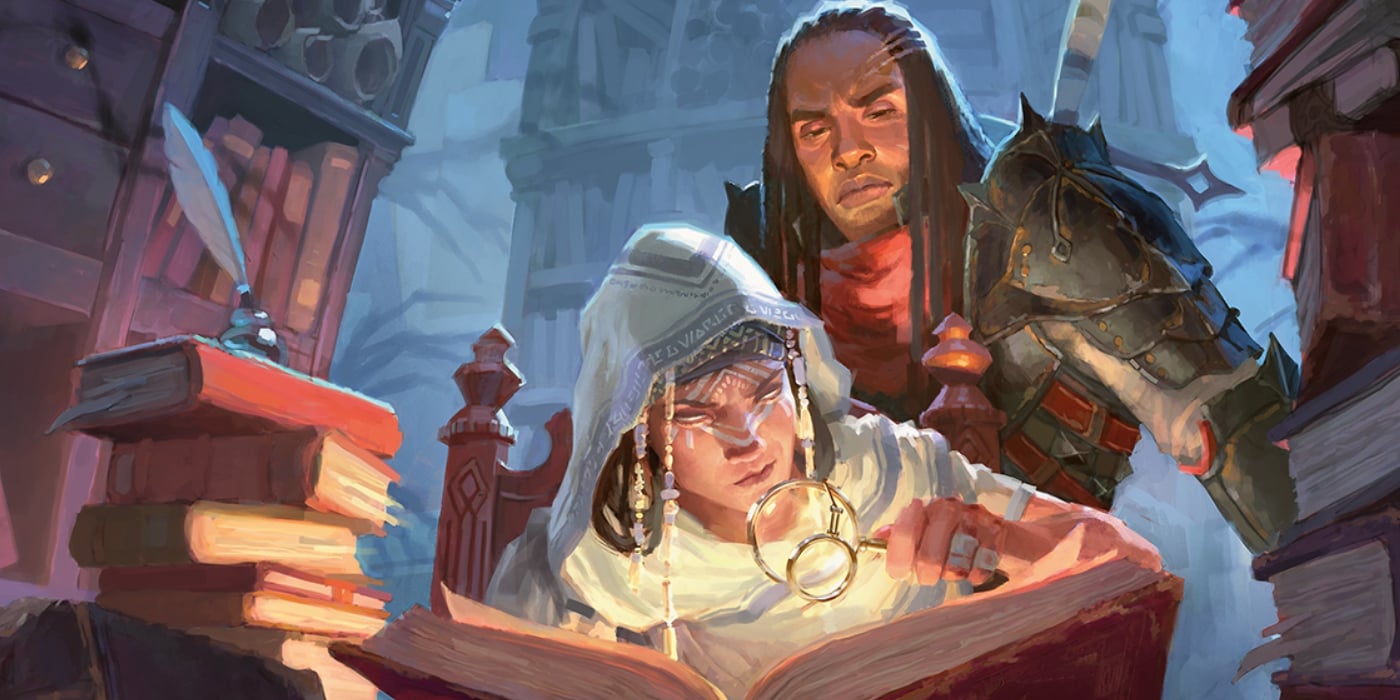It’s a classic archetype– the homebody who doesn’t to go on an adventure, but adventure always finds them. Here’s how you can play a reluctant hero in D&D.
Reluctant characters in D&D can derail a perfectly good game. How often have you heard “well that’s not what my character would do” around the gaming table? It’s a shame, really– some of the best stories grow around a reluctant hero.
From Bilbo Baggins to Arthur Dent, fiction is full of characters who don’t want to leave their comfortable home life behind. They’re often played by Martin Freeman, looking slightly worried and leaning to his left.
But how can you play a reluctant hero and still go on an adventure? Even when that’s the last thing in the world your character would do? We’re here to help.
Be Afraid… Be Very Afraid
It turns out the easiest thing you can do is just be scared. Or have your character let everyone know they’re scared. This doesn’t mean running away at the first sign of trouble, but there are plenty of ways to convey that your character has a bad feeling about the adventure. Try having your character say “I have a bad feeling about this.”
Or you can take inspiration from Shaggy and Scooby Doo. Let’s be clear, we’re talking about pre-eldritch ascension Shaggy. Think of the Shaggy who would leap into the arms of his dog at the mention of a g-g-g-ghost, not the eldritch deity who can single handedly take down a whole bar full of bikers.
Anyway, if you just describe your character comically overreacting with trembling knees, shaky hands, or worried glances, you convey the idea of reluctance enough. You can still charge headfirst into every battle, just let the folks at the table know how your character really feels.
“No Matter What I’m Not Going To–”
This is a joke so old it’s arte– commedia dell’arte that is. Probably older than that.
But you probably recognize it from Looney Tunes or, if you’re a reader of discerning taste, Freakazoid. But essentially it’s a setup anyone can see coming. All you have to do is say something like, “I’m not gonna go on an adventure, no matter what you say, or what you do, you’re never gonna get me to go on an adventure, no way, no how, I’m not gonna do it.”
Then nobody will question why you’re on the adventure. Obviously, you will be. And yeah, it might seem a little ridiculous. But that’s the fun of doing what your character would do– other players in your party want to have the fun, too, and that means that you should be the one doing the extra work. Your party should only have to drag your character along, not you.
Make It Fun For The Other Players
This is honestly the key to playing a good character, even one who’s eager to go on an adventure. But especially if you’re going to play a character that’s a little more at odds with the party. That can all slide as long as everyone has fun playing with/around your character.
If your cowardly antics make the game better, then you’re doing the D&D reluctant hero right. Because at the end of the day, all that matters is having a blast around the table.
How do you play an adventurer who feels reluctant?
Source: Bell of Lost Souls







